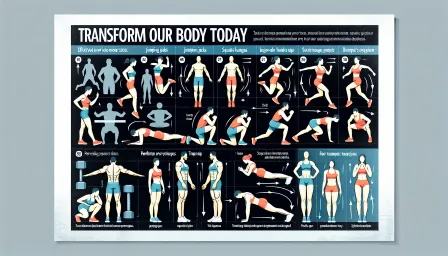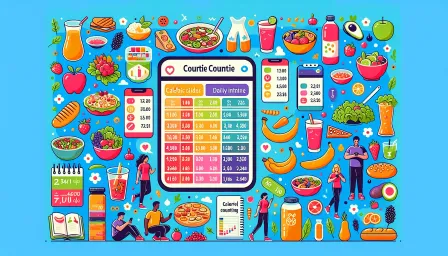The Ultimate Guide to Optimal Water Intake Per Day

Discover the ultimate guide to understanding and achieving optimal water intake per day. Learn tips, benefits, and how much water you need daily.
Hydration is a fundamental aspect of maintaining good health, yet many people remain unsure about how much water they need daily. This comprehensive guide aims to offer clear insights and practical solutions to help you optimize your water intake per day.
Why Is Water Intake Important?
Water is essential for all forms of life, and it performs a wide range of crucial tasks in the human body. Adequate water intake per day aids in:
- Regulating body temperature: Water helps to control our internal heat levels through processes like sweating and respiration.
- Facilitating digestion and nutrient absorption: Water aids in breaking down the food we eat and in the absorption of nutrients in the digestive tract.
- Removing waste: It plays a significant role in flushing out toxins and waste products through urine, sweat, and bowel movements.
- Lubricating joints: Water helps maintain the cushioning of joints to prevent friction and improve flexibility.
- Ensuring overall cellular function: Water is a key component in cells, ensuring they carry out their functions effectively.
How Much Water Should You Drink Per Day?
Determining the right amount of water for everyone can be a little tricky, as it varies depending on several factors such as age, weight, climate, activity level, and overall health. Here are some general recommendations:
General Recommendations
The National Academies of Sciences, Engineering, and Medicine recommends a daily water intake of approximately:
- 3.7 liters (125 ounces) for men
- 2.7 liters (91 ounces) for women
These values include all fluids consumed throughout the day—including beverages like tea and coffee, as well as moisture found in foods.
Customized Guidelines
If you want more personalized guidelines, consider the following factors:
- Body Weight: One common guideline advises drinking half your body weight in ounces. For example, if you weigh 160 pounds, aim for 80 ounces of water per day.
- Physical Activity: If you exercise regularly, you will need more water to replenish what is lost through sweat. Athletes, in particular, should aim to drink extra water before, during, and after exercise.
- Climate Impact: Hot or humid climates lead to increased water loss through sweat, necessitating higher water intake.
- Health Conditions: Depending on your health status, some conditions such as kidney disease or diabetes may require tailored water intake levels. Always consult with a healthcare provider for personalized advice.
Signs of Dehydration and Overhydration
Monitoring your body's hydration levels is crucial to maintaining optimal health. Here are some signs of both dehydration and overhydration to watch out for:
Signs of Dehydration
- Dry mouth and throat
- Infrequent urination or dark yellow urine
- Fatigue and dizziness
- Dry skin
- Headaches
- Constipation
Signs of Overhydration
While less common, overhydration or water intoxication can occur and might cause:
- Nausea and vomiting
- Headaches
- Confusion or disorientation
- Seizures in extreme cases
Tips for Increasing Daily Water Intake
If you find it challenging to meet your daily water intake recommendations, try these practical tips:
- Carry a reusable water bottle: Having water on hand at all times can serve as a constant reminder to drink.
- Set reminders: Use apps or set alarms on your phone to remind you to drink water at regular intervals.
- Infuse your water: Add fruits, vegetables, or herbs like mint to make drinking water more enjoyable.
- Eat water-rich foods: Include foods such as cucumbers, watermelon, oranges, and strawberries in your diet to boost your hydration levels.
- Drink a glass before meals: Make it a habit to drink a glass of water before breakfast, lunch, and dinner.
The Role of Water in Weight Management
Drinking adequate water can also support weight management efforts. Here’s how:
- Appetite Suppression: Sometimes, our bodies confuse thirst with hunger. Drinking water before meals can help you feel fuller and reduce overall calorie intake.
- Boosting Metabolism: Some studies suggest that drinking cold water can temporarily boost metabolism by requiring the body to expend energy to heat the water to body temperature.
- Promoting Fat Breakdown: Proper hydration is essential for lipolysis, which is the process of breaking down fat for energy.
Conclusion
Optimal water intake per day is essential for maintaining good health and well-being. While general guidelines exist, individual needs vary, and it's crucial to consider personal factors such as body weight, activity level, and climate. Monitoring signs of dehydration and overhydration is also key to maintaining proper hydration levels. By incorporating practical tips like carrying a reusable bottle and eating water-rich foods, you can make meeting your daily water intake goals more achievable. Stay hydrated and prioritize your health with the right amount of water every day.



























